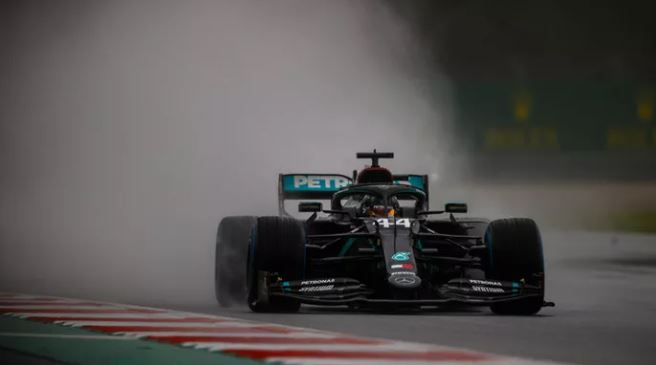Article written by Roger Cohen in the MoneyMag on October 2nd 2020. Investing really should be a longer term journey not a quick sprint.
While the allure of day-trading is more prevalent than ever, investors may be better advised to embrace volatility for long-term wealth accumulation and steer away from short-term trading.
Accessible trading platforms and live streaming data, together with lockdown amidst volatile markets, has led to significant increases in day trading by retail investors, lured by the prospect of quick gains.
Without any edge, these investors should ignore the temptation to trade and rather focus on quality investments which are well placed to deliver over the long term.
Shifting into and out of positions is for most of us like gambling.
The prospect of quick reward is seductive; however, the reality is that short-term trading is risky.

Professional traders are equipped for volatile markets.
They can go both long and short.
They have faster access, superior technology, and lower trading costs across a wider range of instruments – including derivatives – than most retail investors.
Competing with these professionals is akin to taking a production car to the racetrack and competing with Formula One drivers.
Even matching their driving ability, which is unlikely, we will still lose the race because their cars are far superior to ours.
However, investing for the long term is more like a road trip: the comfort and handling of a production car suits this purpose far better than the tight steering, hard suspension and low ground clearance of the Formula One beast.
Accepting risk is essential for value delivery over the long haul
The problem with stepping into and out of the market is that it is almost impossible to consistently get the timing right.
This approach gives rise to an increased risk of being on the sidelines during periods that contribute to long-term returns, or entering the market immediately before adverse moves.
The impact of missing just a few of the best returning days is severe.
Over a period of 15-20 years, not being invested on the best 20-30 days can significantly impair returns compared to remaining fully invested.
While short-term volatility is hard to stomach, accepting it will likely reap rewards over the longer term.
Over the short term, this can be stressful, exacerbated by continuous pricing feeds and valuations. However, investors should focus on time horizons which match their goals.
Fight or flight?
Large price moves influence behaviour and can create adverse outcomes.
Sharp rapid drops tend to overshadow long-term gains, causing panic.
This elicits an instinctive ‘fight or flight’ response – fight and hold on, or fly, resulting in panic selling.
The key is to make conscious and informed decisions rather than letting emotion take over.
Considered responses may well result in the same outcome – fight or flight – but the consequences will be very different when it is planned, based on reason and logic, not instinct.
It is better to choose to do nothing than just to do nothing.
A considered choice (such as: ‘I will hold my investment as it has performed well over long timeframes including the GFC’, or ‘Even though my investment has dropped substantially, I will sell, because I see opportunities for better investments’) is made for a reason and can be benchmarked.
Professionals operating in high stress situations routinely make such decisions.
They are trained and react accordingly.
Training creates implicit rules for dealing with difficult situations (even new ones).
This is how firefighters, trauma physicians, emergency responders and similar function.
Training provides mechanisms to deal with extreme and unfamiliar situations.
Behaviour seems instinctive but is the result of preparation and training.
The same holds for dealing with turbulent markets.
Understanding and planning overrides knee-jerk responses. During dislocations, investors should gather information and assess the situation before acting. If they feel inadequately equipped, they should seek advice.
A few tips for navigating volatility:
- Ignore continuous price feeds and focus on quality investments and long-term returns.
- Remember time horizons and act accordingly. Do not react because of short-term volatility.
- Invest regularly.
- Stick to investment rules and processes.
- If day trading, understand that you are driving a production car on a racetrack, and competing with professional drivers controlling a purpose-built machine.
Contact
Get In Touch
We are available to chat just give us a call on 0434 955 417 or 0411 472 213
If you prefer to send an email question/query through the best address is info@peakwm.com.au or simply fill out your name, email address and a short message including your phone number will get back to quickly.

